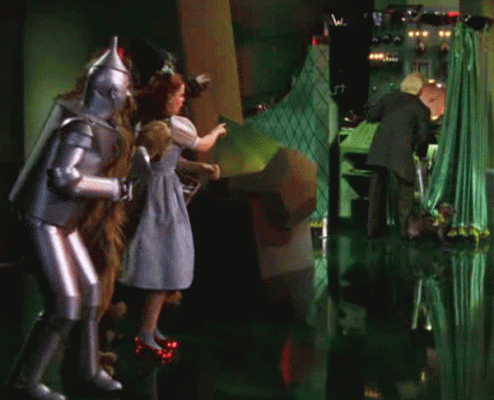Like most people, I was following Tim Cook’s talk at the D11 conference with great interest. And while it generated a lot of headlines, it became apparent quickly that not much was actually being said. Just to make sure, I went back and watched the entire interview. One thing stuck out above all others:
It was boring.
It’s not just that Cook wouldn’t answer any of the questions about new products and/or services — of course he’s not going to do that — it was that nearly everything that was said had been said before. And that made me wonder, what was the point of Apple even agreeing to do this interview?
My guess is that Apple and/or Cook himself wanted to take on some of the questions surrounding Apple lately head-on. This seems like the M.O. of Cook’s Apple. Whereas the company under Steve Jobs was almost defined by the secrecy and silence on issues, Apple under Cook seems ready to answer any and all critics.
All too ready.
A couple months ago, it struck me as odd that Apple SVP Phil Schiller would rip into Samsung (or, in the correct Cook parlance, Sam-SUNG) right before the unveiling of the Galaxy S 4. It seemed defensive. And it made Apple look like they were in a position of weakness, when they really weren’t, as the bungled debut made clear that week.
Obviously, Steve Jobs would answer to his critics from time to time — see: Thoughts on Flash, for maybe his most famous example — but he seemed to choose his (public) battles wisely. Certainly, there’s something compelling about Apple opening up a bit more under Cook. But frankly, I don’t need to hear answers or non-answers to every little critique thrown at Apple.
Why is Apple not winning the battle for market share? Because they make and sell their phones at a premium. It’s not rocket science. And it’s not something Apple should have to apologize for. This is a very conscious choice they make. Maybe in the long run it’s a mistake, maybe it’s not. But they’re the ones in charge of that fate!
Why is Apple being singled out by Congress as potential tax evaders? Because they make more money than every other company in the history of the world that is not an oil company (and more than even many of those now). Nearly all of Apple’s peers use the same don’t-call-them-loopholes loopholes in our tax code, Apple just does it with more money because they make more money.
One question during the D interview was about if Apple had stopped innovating. After all, it’s been so long since the last truly innovative product, the iPad, came out. Um, the iPad came out three years ago. Three years! Guess how much time there was between that product and the last “truly innovative” product, the iPhone? Three years. Guess how much time there was between that product and the last “truly innovative” product, the iPod? Five and a half years.
Newsflash: true innovation takes time. Apple has by far the best track-record in recent history when it comes to such products. But how quickly we forget how long each one took to come to market. There needs to be a Turn so we can appreciate the Prestige. But screw that. We want more, better, faster. Cue Louis CK.
Etc. Etc. Etc.
These are all obvious things that anyone with half a brain should understand instinctively. But blog posts need to be written about something (all the better if they’re now against a company that subsequent posts have built up over the years) and Congressmen need to make (or keep) names for themselves somehow — John McCain just wants automatic app updates, okay?!
And so we have this sideshow around Apple that only serves to distract from what Apple is actually good at: making great products.
And a funny thing happens when Apple tries to answer all these questions over and over again: they validate them. Oh, he’s being asked about Android again! Oh, watch him dodge this Samsung question again. Man, he’s really on the hot seat. Apple is so screwed.
Sometimes Cook gives honest, straightforward answers — but they’re boring. Sometimes he’s purposefully vague — and we’re annoyed that he’s hiding something.
The truth is that we don’t really want most of these answers. If Cook answered every inbound product question, we’d be happy for five minutes and then disappointed by next week. And by the time the product came out, we’d be downright bored and irritated that there was nothing new.
The good news is that Cook and Apple are still well aware of all this. “We believe very much in the element of surprise,” Cook said during the D interview when pressed to answer questions about upcoming-yet-unannounced products.
And so I ask again: why does Apple agree to these interviews? And why do they now seem dead set on pleasing everybody all the time? Congress is one thing — sending Cook to answer the questions himself seemed to have the intended effect of making Senators go gaga. But an interview when they have absolutely nothing to talk about — just two weeks before they will have quite a bit to talk about, at WWDC, no less — strikes me as very odd.
I think it’s time for Apple to revert more to their old ways. To go back behind the curtain. I know Cook is not supposed to ask himself what Jobs would have done, but most of the non-answers he gives seem to be straight out of the Jobs playbook anyway — “unprecedented” may be the new “boom”. Keep the magic alive by keeping things mysterious. By not talking until there is something to say. By not talking until there is something to ship.
“What we have to do is focus on products,” Cook said at one point during the D interview. Agreed.
